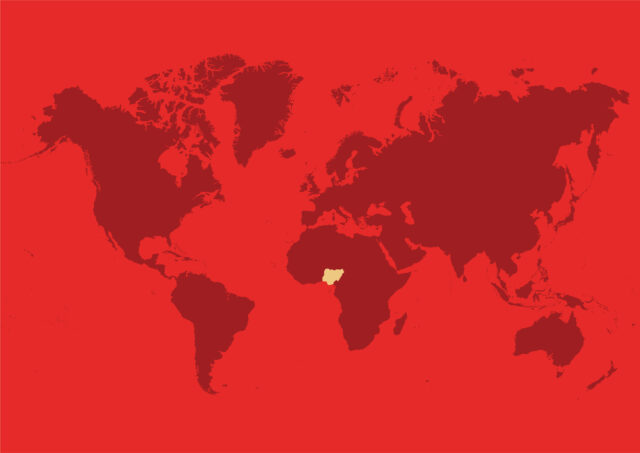PAYPORTE: ACHIEVING THE IMPROBABLE
The Big Brother phenomenon ended a few weeks ago and one of the greatest talking points is how a Nigerian start-up forced its way into our collective consciousness without spending inordinate amounts in advertising
How did a Nigerian company without any major investor (and with a pea-sized budget) outperform its more established rivals in the marketing and revenue department?
Clever Engagement vs. Conventional Advertising
You’ve heard it a million times and you’re going to hear it again. Digital transformation has radically altered the way customers perceive and consume brands. While Jumia and Konga invested over 800m naira in advertising campaigns between December 2016 and March 2017, Payporte bucked the trend and placed its bet on engagement. The company invested its marketing spend on “Big Brother Nigeria”, a controversial yet deeply engaging platform created to entertain a diverse section of the Nigerian audience.
It turned out their bet was spot on; this past edition became the most watched edition, earning an average 9 million votes weekly through the duration of the program. This is by far the most engaging sponsorship property of 2017 so far. Over 78 days, Payporte found interesting ways of integrating its brand and products into virtually every aspect of the program. From a purely brand building perspective, Payporte achieved as much recognition as Konga and Jumia, spending less than 250m over the same period. As fan interest and support for the program grew, awareness and affinity for the Payporte brand increased. Nigerians lived and breathed the Payporte brand through the lens of their favourite Big Brother Housemate.
Connecting with Customers & Driving Consumption
Today’s consumer is more connected than ever before and brands must continue to find seamless ways of joining those connections, rather than echo their messages in the spaces that surround them. Payporte’s somewhat disruptive approach to forcing itself into the consciousness of Nigerians evolved a new approach e-commerce companies need to adopt to reach new markets.
The company exhibited its flagship fashion products using housemates as models, and offered promotion after promotion to ensure customers purchased their products. By leveraging its deep understanding of its target market, customers were teased into making purchase after purchase in support of and solidarity with their favourite housemate.
During one of the episodes of Big Brother, the brand launched a new line of “Ankara” clothing in its 1k Store. Contestants on the Big Brother program were mandated to wear some items from this line. Interestingly, the items were priced above 1000 naira. Payporte offered a clever discount and within a few hours, the items had sold out.
Measure the Right Metrics
Mark Jefferies, one of the foremost proponents of data-driven marketing was spot-on when he suggested that the neo-narcissistic world we live in leads companies to measure the wrong metrics. CMO’s are fixated on how many Facebook followers they have or how many “likes” a tweet has garnered. It is common practice for marketers and “influencers” to purchase “followers” so that they can be perceived as famous. When they deploy direct mailing campaigns, they want to know how many messages were sent out as an indicator of the success of the campaign.
While these metrics are important and should be tracked, they should serve for indicative purposes only. Engagement brings “conversion”, so it’s important that brands keep apprised of their engagement numbers. What numerous brands often miss is that it is more important to drive these engagements into conversions. The most important conversations should center on conversions occurring as a result of these campaigns.
Payporte correctly took stock of the basic indicators but continued to adjust their activities to drive real conversions. Their Facebook, Instagram and twitter engagement figures tripled, while their website experienced unprecedented traffic counts. What mattered most however, was the number of conversions those engagements brought. Payporte impressively kept accurate records of these metrics, choosing to ignore the hubris that comes with having 1 million followers on Twitter.
The Results
In focusing on conversions, Payporte grew its daily orders from around 600 orders daily to over 2,500 orders. That’s an impressive x% over three months. And it was not only the volume of those transactions that was impressive. The value increased significantly, with single orders averaging 3,500 naira per customer. Their “1k store” consistently sold out on items and waiting lists had to be generated for a few of their popular items.
If the business continues on this track, Payporte might become the first e-commerce company to breakeven within the first 3 years of its existence by December 2017, which is no mean feat for a wholly indigenous, micro-funded start-up.
There are important lessons to learn from this example.




